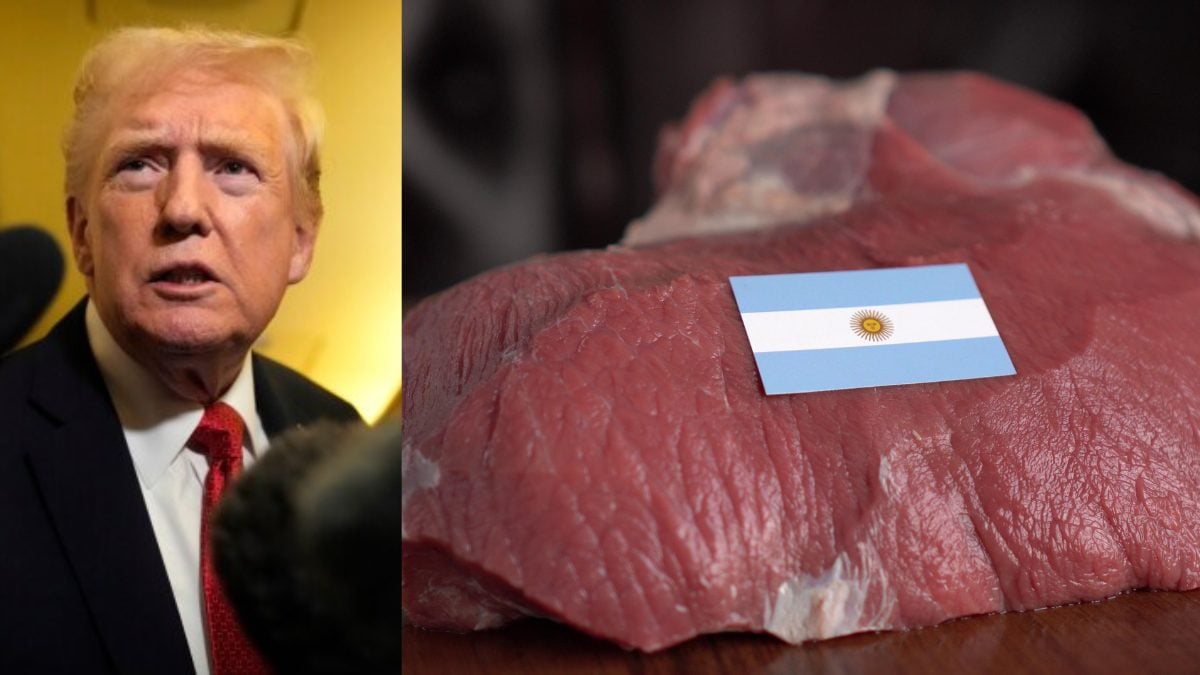
President Donald Trump has ignited controversy with a proposal to import beef from Argentina, aiming to reduce record-high U.S. meat prices. Speaking aboard Air Force One on October 19, Trump said,
“We would buy some beef from Argentina. If we do that, that will bring our beef prices down.”
The plan is part of a broader effort to combat inflation, particularly in the grocery sector, where beef prices have surged due to drought, reduced herd sizes, and supply chain disruptions. According to the Bureau of Labor Statistics, ground chuck prices reached $6.63 per pound in August 2025, up more than a dollar since January.
Economic Ties to Argentina
The proposal follows a $20 billion currency swap lifeline extended by the U.S. to Argentina, signaling closer economic ties between Trump and Argentine President Javier Milei. Trump has praised Milei’s pro-market reforms and sees the beef deal as mutually beneficial.
Industry Pushback
U.S. cattle producers and agricultural groups have responded with fierce opposition. The National Cattlemen’s Beef Association (NCBA) warned that the plan could undermine domestic beef markets, especially during a critical sales season.
NCBA CEO Colin Woodall stated:
“We have the highest quality beef in the world, and we’re finally getting paid for it. The President basically told us to go pound sand.”
Farmers argue that importing Argentine beef would destabilize prices, hurt rural economies, and do little to help consumers in the long term.
No formal deal has been signed, but Trump’s comments suggest the administration is actively exploring the option. Agricultural groups are lobbying against the plan, and Congress may weigh in if trade negotiations progress.
;Resize,width=767;)
